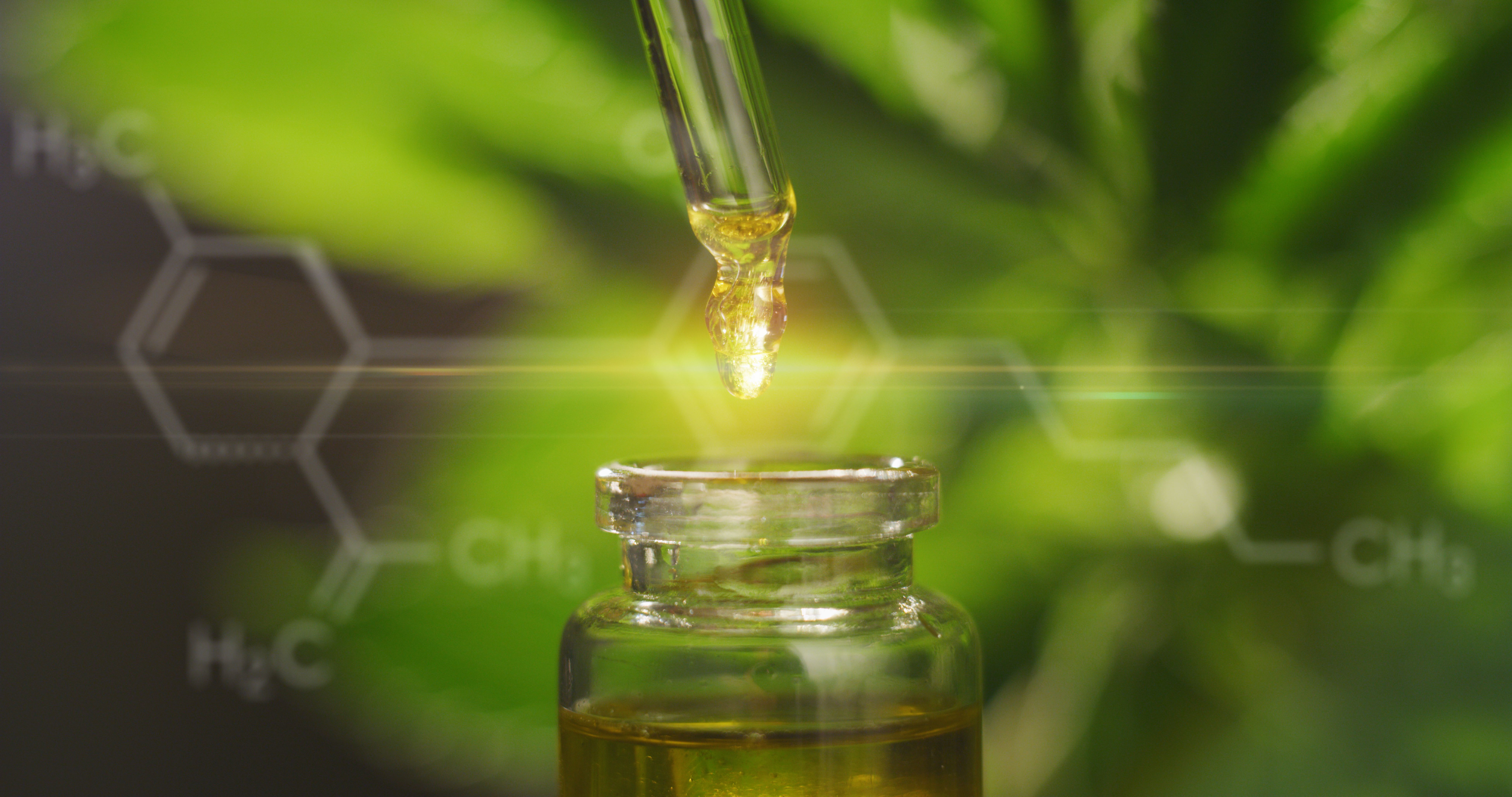Miller: I would like to shell out a little bit of time conversing about a subject that we listen to all all around the nation, and that is hashish. It truly is an space that [although] technically lawfully, it can be nevertheless a Routine 1 drug, which usually means it is really unlawful [on the federal level] all through the United States. But throughout the 50 states, there is a vast vary of point out rules that have both legalized it for clinical purposes or legalized it recreationally—or both—and in some states it is nevertheless thoroughly unlawful.
When you look at the professional medical and psychiatric literature, there is a large quantity of facts about hashish there are reports searching at the psychiatric perspective, the neurocognitive viewpoint, healthcare difficulties, pain, rest, et cetera. In my belief, 1 of the major flaws with all of this literature is [researchers] continue on to use the phrase “cannabis” as if which is a solitary item or a single molecule. And in point, we know that the unique cannabis that was remaining employed in the 1960s—from plants, where by it all began—only had about 2{fe463f59fb70c5c01486843be1d66c13e664ed3ae921464fa884afebcc0ffe6c} THC [tetrahydrocannabinol] in it, as very well as 2{fe463f59fb70c5c01486843be1d66c13e664ed3ae921464fa884afebcc0ffe6c} of CBD [cannabidiol]. CBD is made use of usually you can purchase it [and] it is not illegal any longer, it is an unscheduled drug. While THC is however a Agenda 1 drug, and even though in several states it truly is authorized, federally it’s not.
When you seem at the cannabis leaf, there are about 100 distinctive molecules that are referred to as cannabinoids. The 2 most frequent are THC and CBD. What is interesting is that the physiological outcomes of THC and CBD are sort of oppositional, but they are used interchangeably. We know that CBD is actually Fda accepted to deal with 2 rare types of seizure conditions, and so it has that professional medical utility. For CBD, there is [a growing body of] literature that CBD treats psychotic signs and symptoms [and] it can help reduced nervousness. Whilst we know that THC has thoroughly reverse varieties of homes, particularly in youthful persons, [such as] individuals up to age 25. When your brain is developing, THC can truly effect the way the mind wires alone and bring about cognitive impairment that most likely is irreversible it might translate to a lowered over-all lifetime IQ, 5 to 10 factors reduced than it would have been otherwise. And particularly for individuals with greater threat for psychotic conditions, THC can trigger a 500{fe463f59fb70c5c01486843be1d66c13e664ed3ae921464fa884afebcc0ffe6c} amplified danger of having their first psychotic episode. So, these 2 molecules, crucial elements of hashish, are pretty unique. When it arrives to the discussions about what hashish, is we definitely require to different that discussion into, are we chatting about THC or are we talking about CBD?
Dr Miller is Clinical Director, Brain Health and fitness, Exeter, New Hampshire Editor in Main, Psychiatric Times™ Staff members Psychiatrist, Seacoast Psychological Wellness Center, Exeter Consulting Psychiatrist, Exeter Healthcare facility, Exeter Consulting Psychiatrist, Insight Meditation Culture, Barre, Massachusetts.
